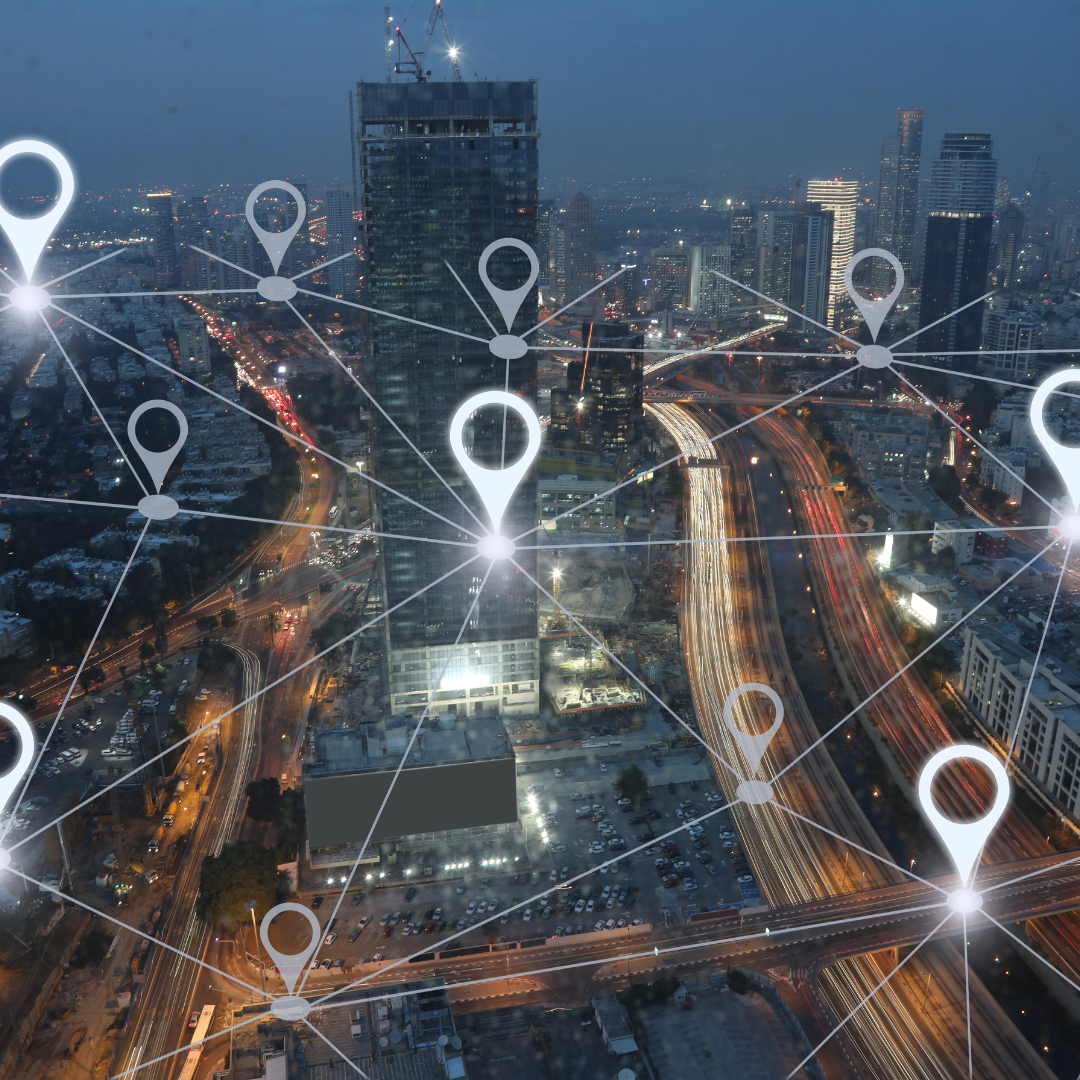How Real-Time Navigation Systems Work: Technology and Innovations

GPS (Global Positioning System) trackers have become a ubiquitous technology for fleet management, modernising the way how businesses monitor and analyse vehicle fleets. However, apart from offering drivers more efficient directions to optimise the supply chain, GPS tools can be utilised for diverse purposes, from tracking items to military exercises. This post sheds some light on the question “How do GPS trackers work?” and what innovative features of GPS can benefit your app the most. Without further ado, let us start with a brief historical overview of the technology.
GPS technology was initially designed for military solutions in the United States in the 1960s. In 1983, a broader circle of users started to use GPS. In the late 1980s, the electronic navigation company Magellan was the first to develop a portable GPS receiver.
Tracking systems had been embedded in the technology by the mid-2000s. As a result, enhanced GPS systems help users gain insightful historical and real-time information about vehicles, products and company equipment. You can trace not only the location of objects but also their status and performance. When it comes to vehicles, users can monitor driver performance data, maintenance of transport and coaching. No less importantly, GPS is applied for routing and dispatching.
Year by year, the accuracy of the GPS system has been improved significantly. Nowadays, portable GPS technology is lightweight and affordable for different business sectors.
GPS trackers require a device to function as a part of a wearable gadget, asset, or vehicle. In such a way, exact information on the location of the object and its movements is accessible to users. GPS technology uses cellular networks (can be 4G, 3G or 2G), which enable trackers to transmit the information from GPS satellites to the end user.
How does GPS know traffic? GPS trackers may take advantage of satellite signals and cellular or ground-based networks or, alternatively, work as solely satellite-based technology. However, the combination of technologies is claimed to be more efficient for achieving accurate results.
| 1. Augmented Reality (AR) and GPS Tracking | Thanks to augmented reality, GPS can be enriched by overlaying digital data onto a particular physical environment. In addition, AR enables users to access landmarks, symbols, and arrows in their field of view, which enhances the overall efficiency and precision of navigation. The combination of Artificial Intelligence and GPS is also indispensable for creating a more responsive, immersive and intuitive user experience. |
| 2. Artificial Intelligence (AI) and GPS Tracking | AI levels up GPS monitoring by helping it reach more accuracy and precision. By applying algorithms of Artificial Intelligence, GPS studies data patterns, environmental factors and makes smart analytical predictions in line with changing conditions. In the transportation industry, GPS solutions anticipate traffic patterns and analyse how to optimise routes. Consequently, this kind of solution allows us to estimate delivery time accurately. |
| 3. 5G and GPS tracking | 5G technology contributes to real-time GPS tracking in multiple ways: latency, speed, and capacity. Lower latency is a critical advantage – it means increased speed of transferring data between devices. This is especially important for time-sensitive services, such as emergence services, asset tracking or logistics. 5G also provides GPS services with higher bandwidth. |
How does geo-tracking work? – This question has already been answered in the post. However, it is also worthwhile to briefly discuss the challenges and future trends of GPS solutions.
Interference, reflections or signal obstructions can cause data inaccuracies. This issue, however, can be minimised by applying correction algorithms, data filtering and prompt error detection.
Continuous interaction with satellites and conducting data processing may lead to draining a battery’s life. Mitigating this drawback includes using low-power hardware and implementing intelligent tracking algorithms.
We hope this post has helped you understand what uses GPS tracking to track vehicles and which technological advances are implemented in GPS systems. PNN Soft software development agency has extensive experience in creating GPS-based solutions for the transportation and logistics industries. If you plan to develop an efficient and scalable application, fill in the form below.